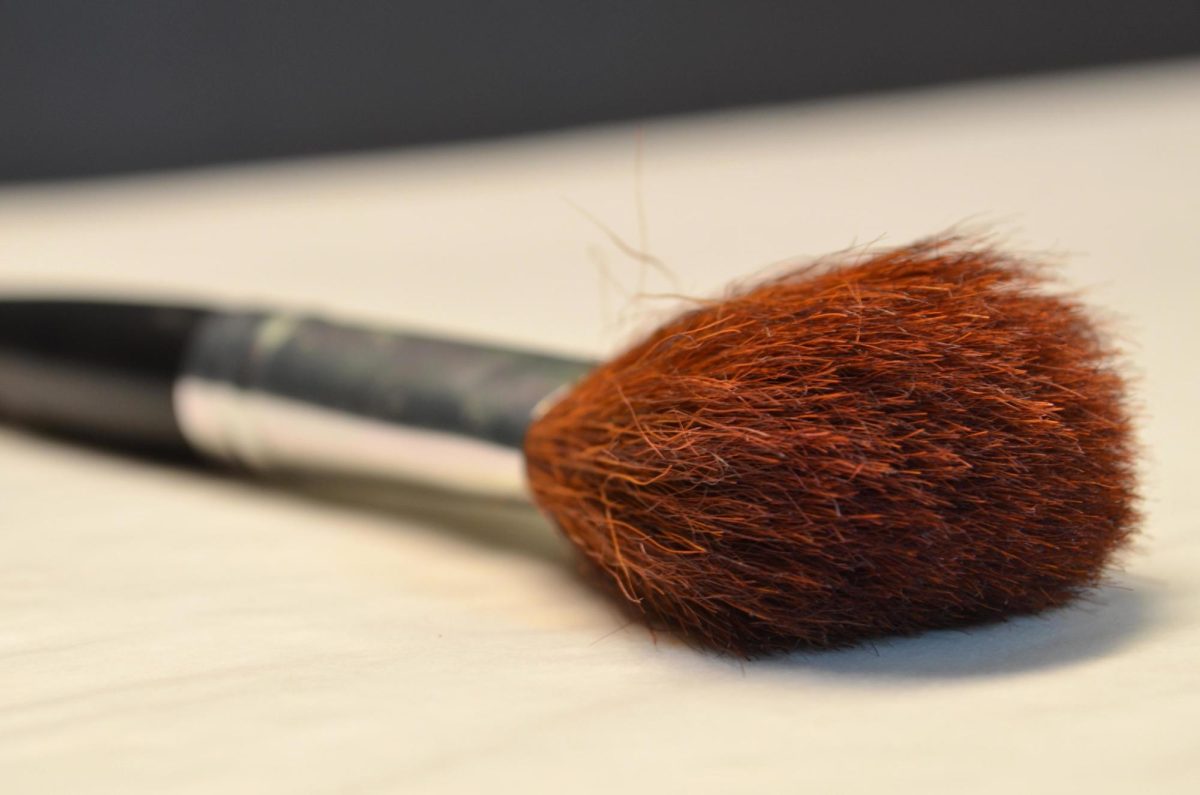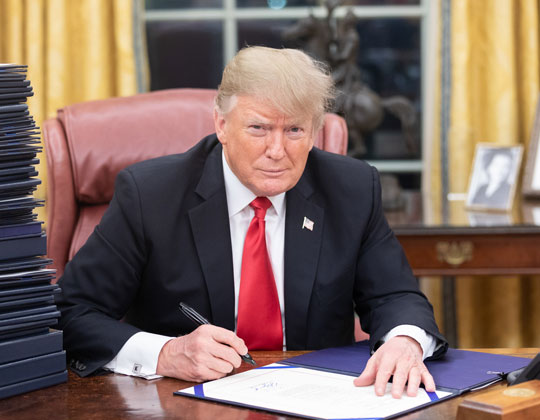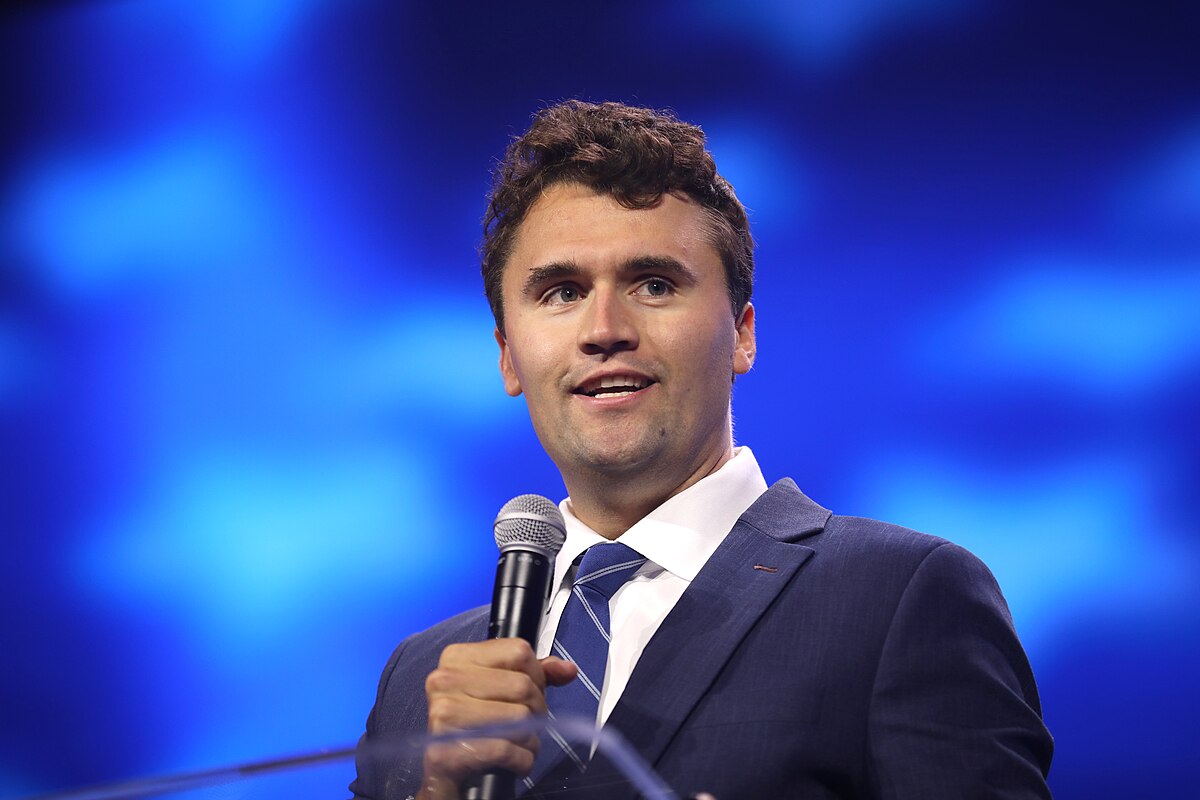In September of 2024, Golloria George, better known as @golloria on TikTok, announced that she would take a break from social media due to the copious amount of colorist and racist backlash she received.
Golloria is a South Sudanese American influencer who is known for her makeup reviews – which people describe as “controversial” – that mainly include brands who claim to be inclusive. As a dark-skinned Black woman from a country that is home to people with some of the darkest complexions in the world, Golloria took up the initiative to shed light on colorism and exclusivity in the beauty industry.
She may be most recognizable from her review of Youthforia’s foundation line. Golloria called the brand out for completely leaving out shades for dark complexions like her own. In response to her criticism, the brand sent Golloria foundations which she compared to jet-black face paint. The internet deemed the brand exclusive and insensitive to the experiences of dark-skinned people in the beauty industry.
As a result, the company has suffered a hit to their reputation. Recently the CEO and founder of Youthforia, Fiona Co Chan, released a video expressing her remorse for allowing her brand to release such products. She also vowed to have people of more diverse complexions and backgrounds included in the production of her future products.
In one of her most recent viral videos, Golloria reviewed YSL Beauty’s new blush line, “Make Me Blush” which was advertised as inclusive. She and many other influencers who reviewed the product condemned the company for claiming that the line is inclusive, s it has been shown that they do not blend into pale or dark skin complexions.
Due to this controversy, people began to direct their focus to YSL Beauty and their marketing. The public began to notice that on Sephora’s website, the pale lavender shade presented differently than it did on darker skin tones.
Unlike the public’s response to the Youthforia reviews, the public’s anger was not directed at YSL Beauty but mostly at Golloria; possibly due to the age and reputation of the brand.
The commentary Golloria gave on the blush resulted in an uproar. The comment sections under this post was split between people defending the influencer’s claim that the brand failed inclusivity and others stating that the blush line was not for her.
One of the most popular comments under this post on Instagram stated, “maybe not everything is for darker colored people,” and others were simply telling her to “shut up.”
Across platforms, the comments became increasingly violent, causing Golloria to release a statement that she would be logging out of her social media for a break. The entire statement that she released was structured around the struggles of dark-skinned people, committing to her purpose as an influencer.
In the post, Golloria stated “To exist in the beauty space as dark-skinned women is exhausting and unnecessarily violent. Listen to black women. Tone inclusion is the bare minimum.”
Roughly two weeks after the announcement of her break, Golloria returned with a video post declaring that “I will not put myself in a box,” and “while you might be uncomfortable for a thirty-second clip, this is my reality.” The comments were generally positive as they welcomed her back to social media.
Golloria’s makeup reviews have done more than spark conversation on the contradiction in marketing by makeup brands. The reviews have succeeded in urging a brand to improve their products to align with their inclusive marketing.
For example, Golloria reviewed a Rhodes Skin – by Hailey Bieber, a blush line and argued that it did not work for darker complexions. The company took Golloria’s criticisms and improved the product.
Golloria is not the only dark-skinned influencer doing this work, but she has generated a lot of conversation around issues of inclusivity and colorism in the beauty industry. Instead of allowing these so-called “diverse” companies to exclude dark complexions from their products and bowing to backlash pushing her to be complacent, Golloria and the beauty community are demanding accountability and inclusivity.







